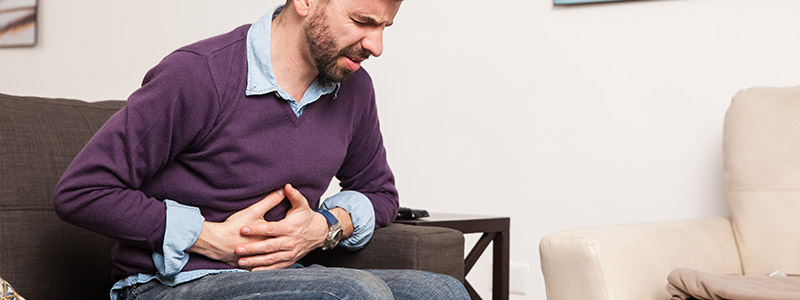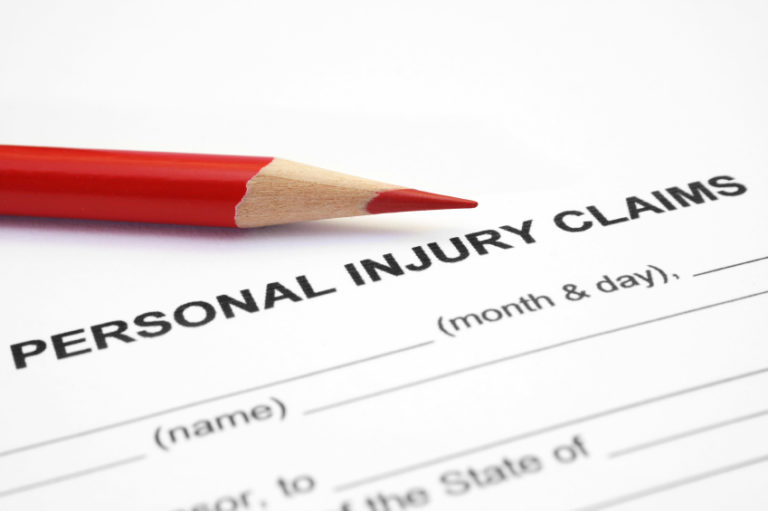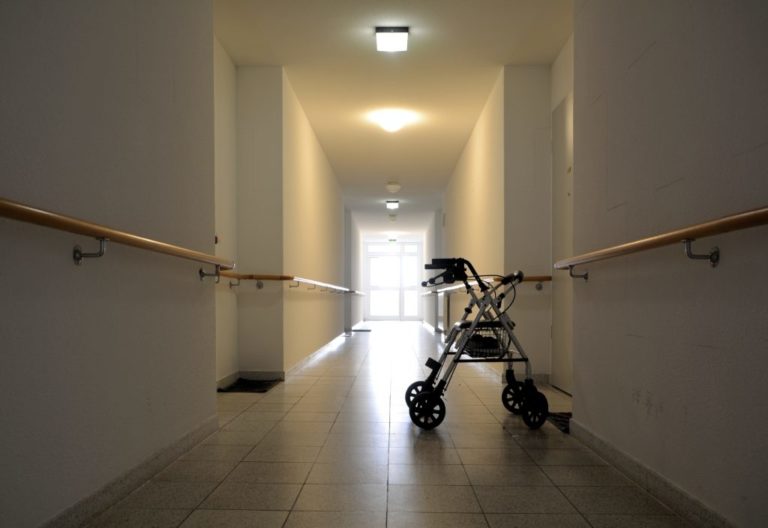When you dine out, the last thing you expect is to become ill because of something you ate.
Restaurants and food-related businesses have a responsibility to prepare and serve safe products, but lawsuits sometimes arise when employees don’t take reasonable steps to keep people safe.
While most cases of food poisoning are short-lived, some victims become seriously ill and may require hospitalization.
Unfortunately, food poisoning is a fairly common occurrence, and many food outbreaks occur each year.
If you’re wondering whether to file a claim for food poisoning, read on to learn what you need to know before deciding to sue.

Causes of food poisoning
Various pathogens can cause foodborne illness, including E. coli, listeria, salmonella, botulism, and vibrio.
Food poisoning occurs when these bacteria or viruses enter the food, which is usually a result of negligence during the manufacturing, preparation, or sales process.
The following are a few of the most common causes of foodborne illness:
- Food isn’t heated to an adequate temperature
- Employees don’t wash their hands or follow food safety guidelines
- Improper washing, storage, or food preparation methods were used
- Restaurant may have an infestation of rats or other pests
- Ill employees handled or served food
- Food may be shipped from suppliers already contaminated
In serious cases, food contamination can have fatal effects or result in further health complications. For example, E. coli can lead to severe dehydration, while botulism can lead to permanent paralysis.
Additionally, young children and the elderly are at a much higher risk of being seriously harmed by foodborne illness.

What to do if you become sick after eating at a restaurant
If you get sick shortly after eating a restaurant meal, here are four steps to take as soon as your symptoms arise:
- Recognize the symptoms of food poisoning.
Generally, food poisoning symptoms begin within 2 to 6 hours after eating contaminated food. Nausea, diarrhea, fever, and vomiting are a few common symptoms.
- See a doctor immediately.
Seek medical attention if you believe you have foodborne illness. While most cases of food poisoning are minor, some bouts can lead to serious complications.
If your doctor says you have food poisoning, ask if they will do further testing to determine which pathogen (bacteria, virus, or parasite) caused your illness. Evidence such stool samples, and blood samples can help to further your overall case and corroborate your claims.
- Start gathering evidence as soon as possible.
Once you realize you’re ill due to something you ate, take note of anything related to your situation, including the date, time, and your symptoms.
Most importantly, don’t throw away any leftover food – your leftovers may be required for evidence.
- Consult with a personal injury attorney.
Food poisoning cases can be extremely complex, so be sure to contact an experienced attorney for further legal advice and guidance.
Food poisoning: who’s liable?
From retailers to food suppliers and restaurant owners, a number of parties may be held liable in a food poisoning lawsuit.
Since many cause of foodborne illness are preventable, a court may decide food poisoning is a result of negligence.
If a restaurant, manufacturer, or supplier is found liable in a food poisoning lawsuit, they may be required to provide compensation. In these types of lawsuits, common damages can include loss of wages and any necessary medical bills or costs.

Class action lawsuits
In the case of a large food poisoning outbreak, class action lawsuits are commonly filed for a group of victims. A few examples include:
- A class action lawsuit was filed against XL Foods after an E. coli outbreak sickened at least 18 people in Canada and led to a massive beef recall.
- Maple Leaf Foods paid nearly $27 million to victims of a listeria outbreak, which killed 20 people and sickened thousands more.
- A batch of tainted peanut butter caused a major salmonella outbreak which affected more than 750 victims. Due to the scale of the outbreak, a class action lawsuit was filed against food producer ConAgra.
If you were a victim of an outbreak of food poisoning, you may want to consider consulting with an attorney to determine if there’s an existing class action lawsuit relating to that specific outbreak.
Can you sue over food poisoning?
Suing a restaurant over food poisoning isn’t always a straightforward process. You may run into several complications – especially when it comes to proving liability.
Since foodborne illness can be caused by so many different things, it can be difficult to pinpoint the source. Additionally, symptoms may not always manifest immediately, which can cause further complications.
This is why it’s often tricky to prove you got sick at a specific restaurant.
When it comes to filing a food poisoning claim, you must be able to prove that the restaurant in question is responsible for causing your illness.
If you can prove that your stool sample contained the same pathogens that were found in the contaminated food source, you will greatly strengthen your case.
Often, if one person suffered a serious case of food poisoning, there will be other victims as well – and multiple cases of foodborne illness can reinforce causation for your claim.
You should also consider the severity of your symptoms. Cases of minor foodborne illness typically have little basis for a personal injury claim.
However, if contaminated food results in serious symptoms, financial losses, or death, you should seek legal counsel from an attorney to discuss your options.

Have you been a victim of food poisoning? Contact Conte Jaswal today
At Conte Jaswal, we know there’s nothing more important than your health.
If you or a loved one suffered serious illness after eating at a restaurant or any dining establishment, our team of skilled lawyers will help you fight for the compensation you deserve.





